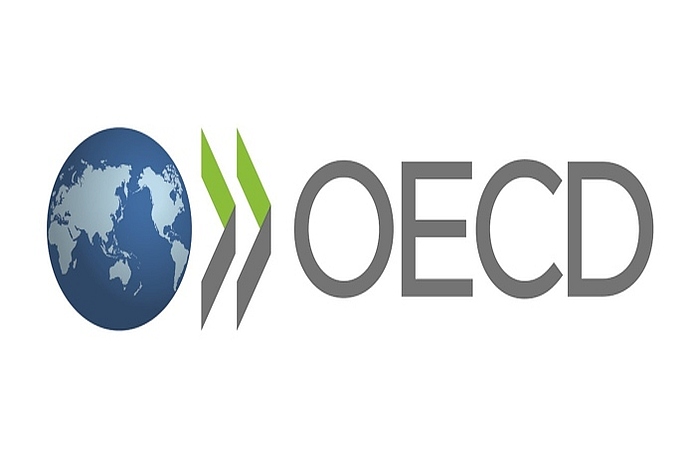PARIS, France – The OECD/G20 Inclusive Framework on BEPS has concluded negotiations on a multilateral instrument that will protect the rights of developing countries to ensure multinational enterprises pay a minimum level of tax on a broad range of cross-border intra-group payments, including for services.
The new Multilateral Convention to Facilitate the Implementation of the Pillar Two Subject to Tax Rule is an integral part of the Two‐Pillar Solution to address the tax challenges arising from the digitalisation of the economy. The convention, which is now open for signature, represents a major step forward in concluding the work under pillar two.
The Subject to Tax Rule (STTR) will enable developing countries to tax certain intra-group payments, in instances where these payments are subject to a nominal corporate income tax rate below 9 percent. The STTR allows source jurisdictions – those in which covered income arises – to impose a tax where they otherwise would be unable to do so under the provisions of tax treaties.
This new multilateral instrument, delivered in the inclusive framework Outcome Statement on the two-pillar solution in July 2023, will allow countries to efficiently implement the STTR in existing bilateral tax treaties. More than 70 developing inclusive framework members are entitled to request inclusion of the STTR in their treaties with inclusive framework members that apply corporate income tax rates below 9 percent to covered payments.
“Adoption of this new multilateral instrument builds on the outcome statement delivered in July towards full implementation of the global tax reform, and reflects how productively and positively the international community is working together to deliver solutions for developing countries,” OECD secretary-general Mathias Cormann said. “Importantly, the Subject to Tax Rule sets out a comprehensive provision to ensure that developing countries are able to ‘tax back’ in instances where payments sourced in their jurisdiction are not taxed at a minimum rate in a partner jurisdiction. The opening of the multilateral instrument for signature marks further progress towards the implementation of the pillar two minimum tax, as well as a major further step to stabilise our international tax system and to make it fairer and work better.”
The multilateral instrument was developed over the past year, via negotiations involving all the jurisdictions of the inclusive framework including OECD member countries, G20 countries and other developed and developing jurisdictions.
The OECD will be the depositary of the multilateral instrument and will support governments in the process of its signature and ratification. The OECD is also preparing a comprehensive action plan to support the swift and coordinated implementation of pillar two, with additional support and technical assistance to enhance capacity for implementation by developing countries.
The text of the convention, along with an explanatory statement, is available here.
Detailed commentary explaining the purpose and operation of the subject-to-tax rule can be found in the report on the subject-to-tax rule, which includes the model subject-to-tax rule.





